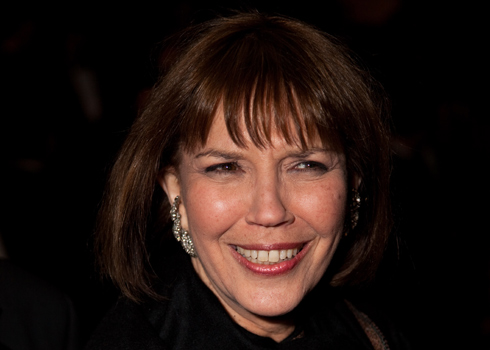After getting attention for calling Julian Assange a “bad journalist” this weekend on Fox News, former New York Times reporter Judith Miller sent an email to The Cutline defending her point.
Miller, whose own reporting on weapons of mass destruction in the lead-up to the Iraq War has been criticized, reproached Assange for not verifying the information Wikileaks released. In an email to Michael Calderone, Miller argued that she was “involved in a very different kind of journalism” than Assange.
“Every exclusive story of mine appeared with a discussion of its context, the difficulty involved in corroborating the highly classified information, and an assessment by at least one independent expert and likely skeptic, often identified by name and organization,” she wrote, adding that she has defended Assange from those who would like to see him punished for releasing government documents.
Here’s Miller’s full statement:
If anybody bothered to read the Iraq war stories they’re now so busy criticizing, they would see that Julian Assange and I were involved in very different kinds of journalism. They are not morally equivalent. While we both sought to publicize official secrets, I and my co-authors at The NYT spent enormous time trying to verify the secret government reports and other WMD-related stories we published. Every exclusive story of mine appeared with a discussion of its context, the difficulty involved in corroborating the highly classified information, and an assessment by at least one independent expert and likely skeptic, often identified by name and organization. Julian Assange, whom I have repeatedly defended, did none of these things. He engaged in data dumping and left these vital journalistic tasks to the papers that used his information. I stand by my criticism of this aspect of his work, as well as by my conclusion that he should not be punished or even faulted for trying to ferret out government secrets. That is what journalists do. Rather, our government is to blame for failing to safeguard truly sensitive information, for grossly over-classifying too much of it, and now, I fear, for deciding to circulate less of it rather than figure out a smarter way to share more of it safely, as the 9/11 Commission recommended almost a decade ago.










